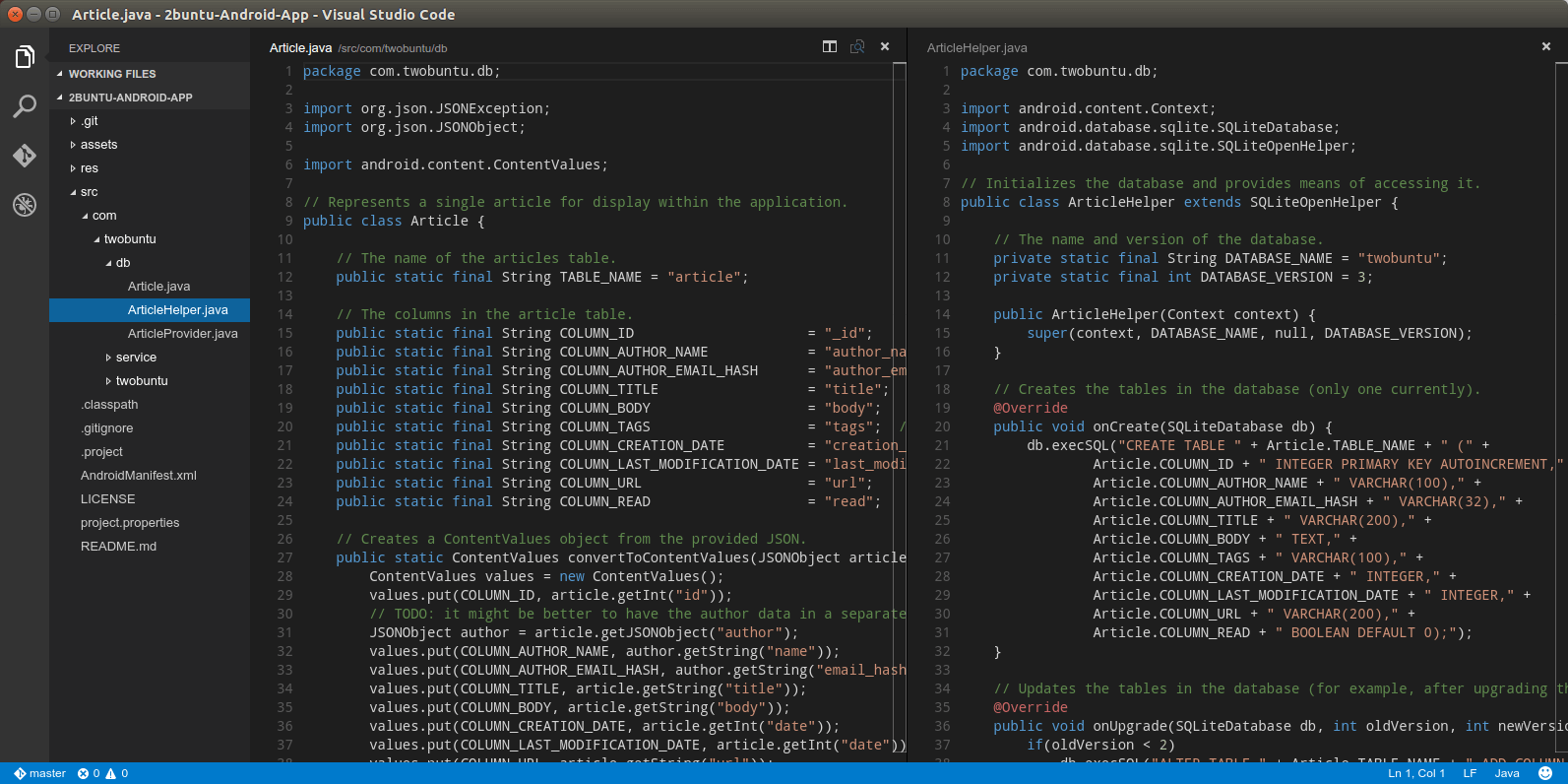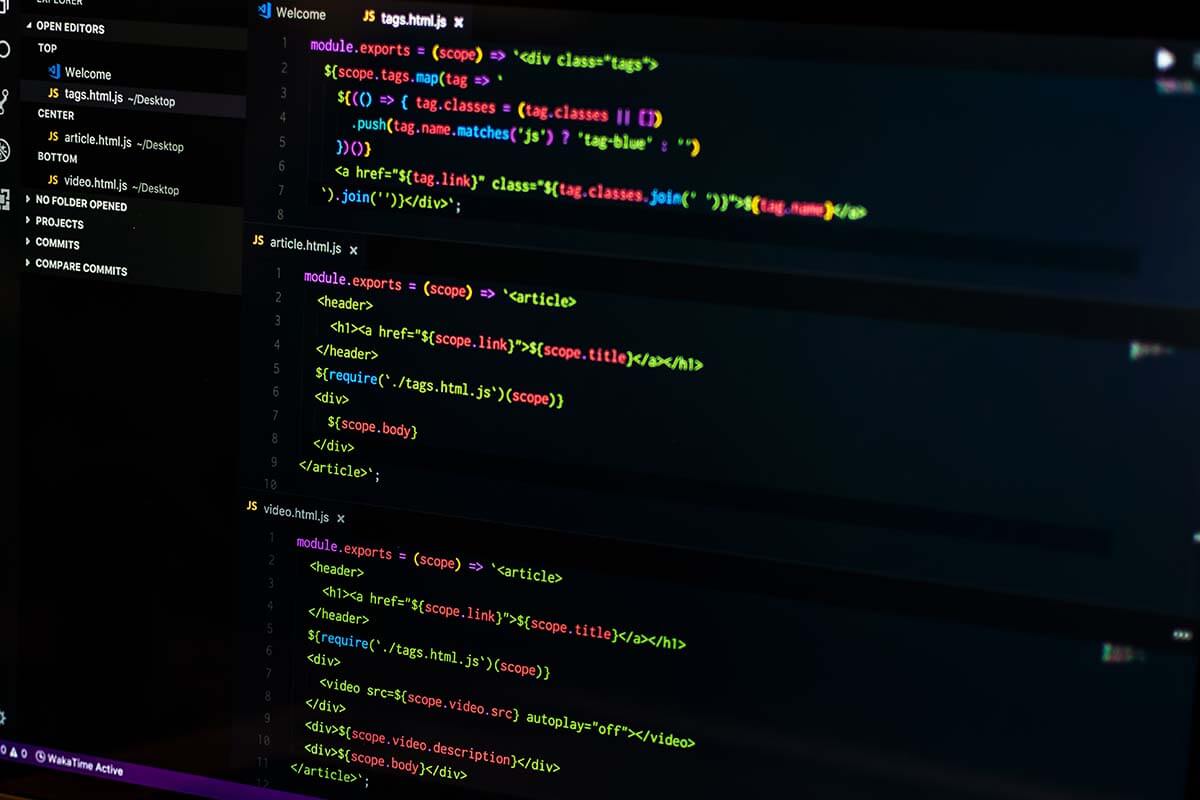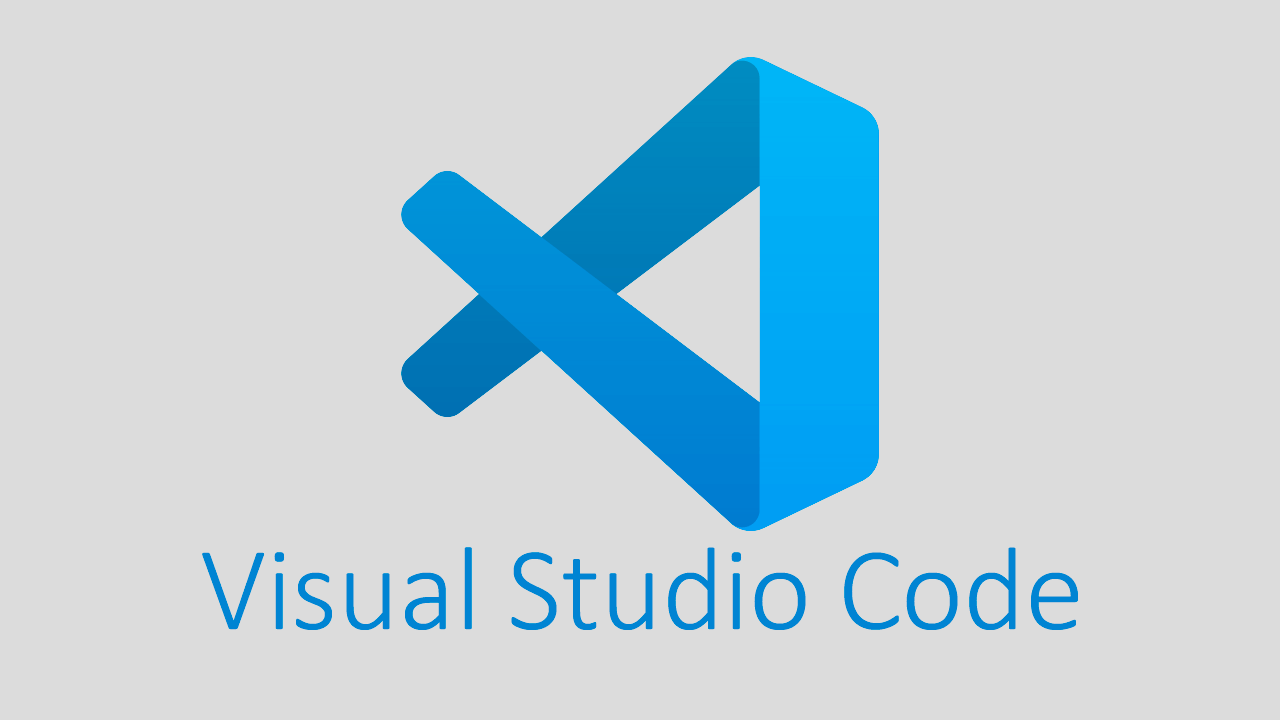Visual Studio Code (VS Code) has emerged as a game-changing Integrated Development Environment (IDE) that has revolutionized the way developers work. In this comprehensive exploration, we will delve into the history, features, extensions, community, and future prospects of Visual Studio Code. From its initial release to its current dominance in the developer community, we will unravel the essence of this powerful tool.
In this chapter, we will trace the origins of Visual Studio Code, exploring the motivations behind its creation and the challenges faced by its development team. We will delve into Microsoft’s decision to build a lightweight yet robust IDE and examine the early iterations of the software. Additionally, we will explore the impact of open-source collaboration and community feedback on the evolution of Visual Studio Code.
This chapter will provide an in-depth analysis of the features and interface of Visual Studio Code. We will explore its intuitive user interface, customizable layout, and powerful code editor. Additionally, we will delve into its extensive language support, intelligent code completion, and navigation capabilities. We will also discuss the productivity-enhancing features, such as built-in Git integration, debugging tools, and terminal integration.

In this chapter, we will explore the customization and extensibility options available in Visual Studio Code. We will examine the vast array of themes, color schemes, and icon packs, allowing developers to personalize their coding environment. Furthermore, we will delve into the world of extensions, exploring the marketplace, and showcasing some of the most popular and useful extensions available. We will also discuss how developers can create their own extensions to tailor the IDE to their specific needs.
Collaboration is a vital aspect of modern software development, and Visual Studio Code excels in this area. In this chapter, we will explore how developers can collaborate seamlessly using Live Share, a feature that enables real-time code sharing, pair programming, and collaborative debugging. We will also discuss the built-in Git integration, allowing for efficient version control and branching within the IDE.
Debugging and testing are essential for ensuring the quality and stability of software. In this chapter, we will explore the debugging capabilities of Visual Studio Code, including breakpoints, watch expressions, and advanced debugging configurations. We will also discuss how developers can write and run unit tests within the IDE, providing a seamless testing experience.
Visual Studio Code integrates seamlessly with a wide range of tools and services, enhancing developers’ productivity and efficiency. In this chapter, we will explore the integration with popular tools such as Docker, Azure, and Jupyter Notebooks. We will also discuss how developers can leverage the power of extensions to connect with other services, such as code linters, task runners, and package managers.

Visual Studio Code has fostered a vibrant and active community, contributing to its rapid growth and improvement. In this chapter, we will explore the thriving ecosystem surrounding Visual Studio Code, including user groups, forums, and community-driven events. We will also highlight the significant contributions made by the community, such as the creation of extensions, themes, and language support.
In this final chapter, we will discuss the future prospects of Visual Studio Code, exploring the ongoing development efforts, upcoming features, and potential areas of improvement. We will also reflect on the impact of Visual Studio Code on the development industry and its role in shaping the future of software development. Finally, we will conclude our exploration of Visual Studio Code, emphasizing its significance as a transformative IDE.
Visual Studio Code has undoubtedly transformed the development experience with its intuitive interface, extensive features, and vibrant community. Its lightweight design and powerful capabilities have made it a favorite among developers worldwide. As we conclude this exploration, we celebrate the impact of Visual Studio Code in revolutionizing the way we code and look forward to its continued growth and innovation in the years to come.





